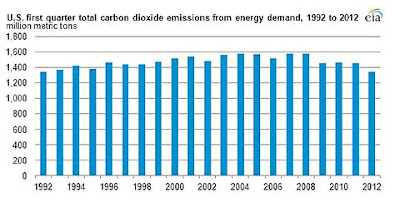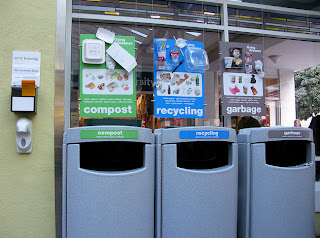My original posting text in response to video: I saw this posted and I really can't believe it (I mean, I don't believe its claims one bit)...but more I can't believe people would believe any of the unscientific claims made in this video. Show us the scientific evidence that these claims of cancer were caused by hydraulic fracturing and then we have an argument. Otherwise, this video is completely falsified. What if I claimed that being in close proximity to the fracking fluids actually solved some sort of medical malady? According to this video, I don't even need a doctor to verify it and you have to believe it. I'm all for appealing to the heart of people...but this stretches it a little. It's the same sort of stuff Josh Fox claimed in Gasland which numerous non-profits and private firms have found to be false.
Commenter #1: Kind of like the guys' wife that Mitt killed Cory.. unbelievable how they come up with this crap!!
Commenter #2: mmm I'm going to disagree. There are 'unknown' chemicals likely carcinogens in fracking fluid. Livestock that are exposed to fracking water spills show illness and miscarriage. I doubt every health problem stated is caused by fracking but water isn't renewable.
Commenter #3 (who was also the original poster of the video on their page): Because flaming water is normal? Tested water contaminated with natural gas isn't scientific proof? Just coincidence that people and aminals are sick? Would you drink that water? Chemicals forced at 9000 PSI wouldn't disrupt our water tables? I guess common sense isn't common anymore..
Commenter #4: I believe that fracking is very dangerous Cory. You are welcome to your opinion but so am I. We can agree to disagree, I guess. ♥ (with link to this video that I haven't yet had time to watch)
My rebuttal comments:
It's not a perfect system and I never would argue it is. Keep in mind, I come at these opinions from an educational background that is strictly against these methods...yet it was their lack of being able to accurately explain themselves tha
t led to me to actually look at "the dark side." There are going to be accidents, there are going to be spills, and yes...some water will get contaminated. The only way to develop a more environmentally sound method is through trial and error. As I say many times in my blog, The car wasn't perfect the first go around, but it got perfected over time. The other problem we have is the lack of viable alternatives. Without a solid natural gas supply, we will still be dependent on international imports of oil where prices are determined by speculators. Notice the prices go up 15 cents yesterday? Speculators were worried about Hurricane Isaac so cut our supply. I believe natural gas needs to be developed and taxed, with 100% of that tax going towards the develop of renewable and alternative forms of energy (mainly hydro, wind, solar, and geothermal)...but unfortunately the technology isn't there at this point to supply nearly any of the demand that we have. Gas will soon be at $8, $9, $10 dollars a gallon if we are not careful to develop alternatives. Yes, we need to develop alternative energies and I am 100% for a petroleum-based fuel free economy. I am for local foods, home grown goods, small town shops, do-it-yourself..sustainabi
I just believe there is propoganda on both side. There was Gasland and then the pro-drilling side released Truthland. There is this Woodlands story and I promise I could find a rebuttal video if I had a few minutes to look. My argument isn'
t necessarily for or against fracking..we are each entitled to our opinion....but more for the fact that this video presents no solid science, sources, etc. If a video can come out and support things with scientific fact...then I'll listen to it. Let's not also forget that, as a Christian, I am a steward of the environment and a steward of the resources God gave us.
But I guess I should preface all by saying that I completely am a fan of a well-rounded and educated argument and I know that at least the 3 of you who commented have most likely dived into the topic (I know Commenter #2 and Commenter #4 have for sure and
Commenter #4, I can imagine living in Vermont there are a lot of resources up that way). Everyone is surely entitled to their own opinion. And this is actually a topic my dissertation may look at...human perceptions of natural gas drilling in the Appalachian region.





